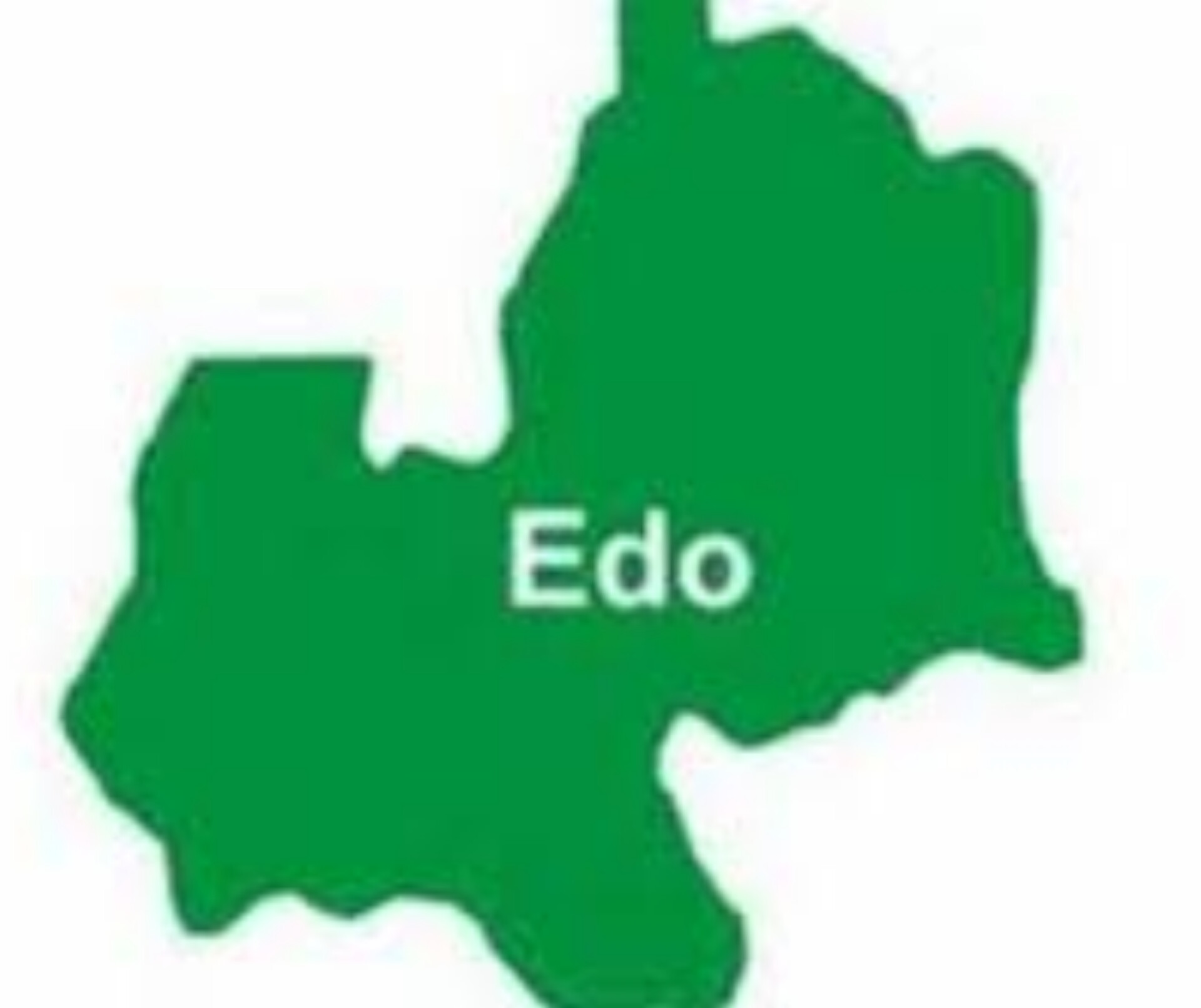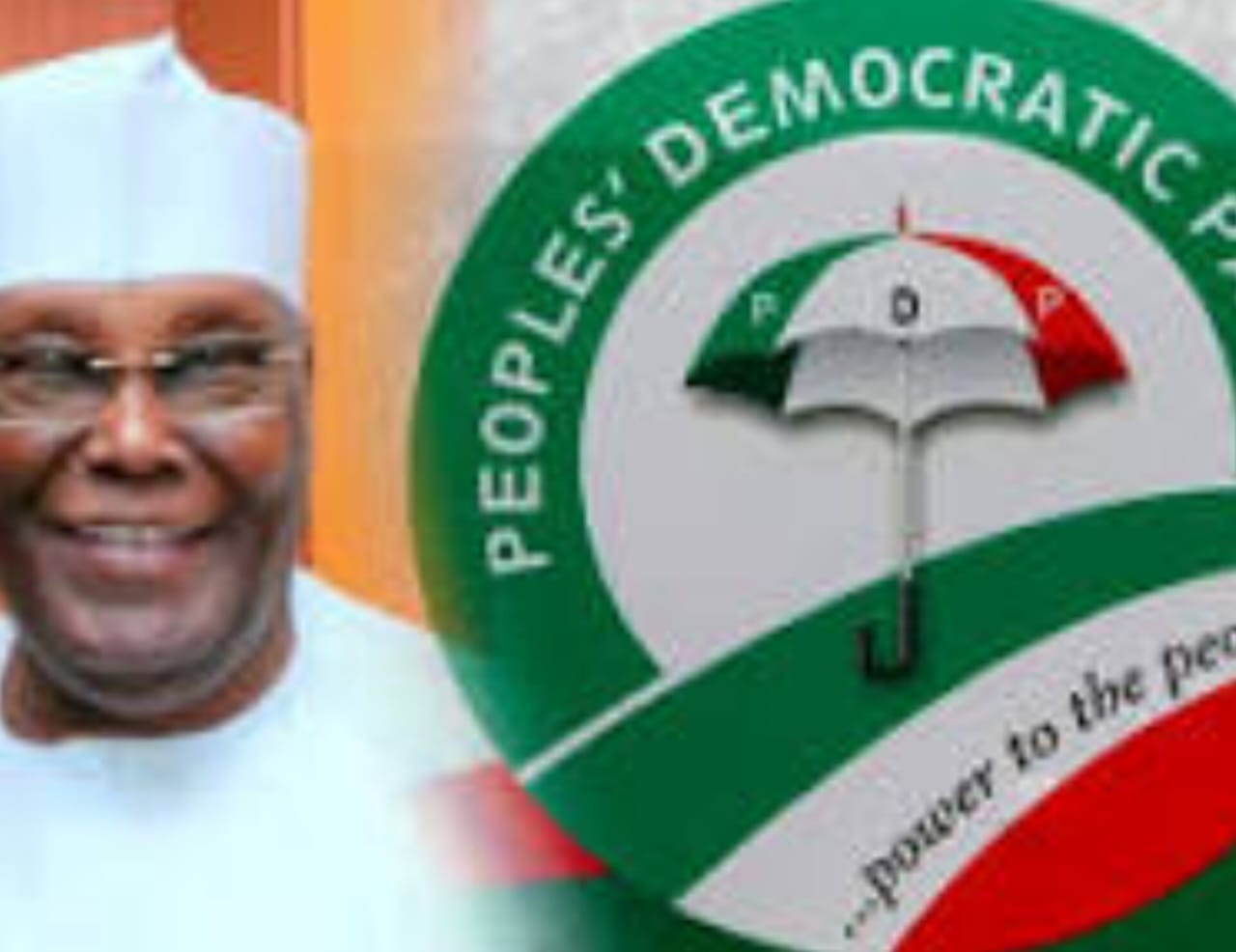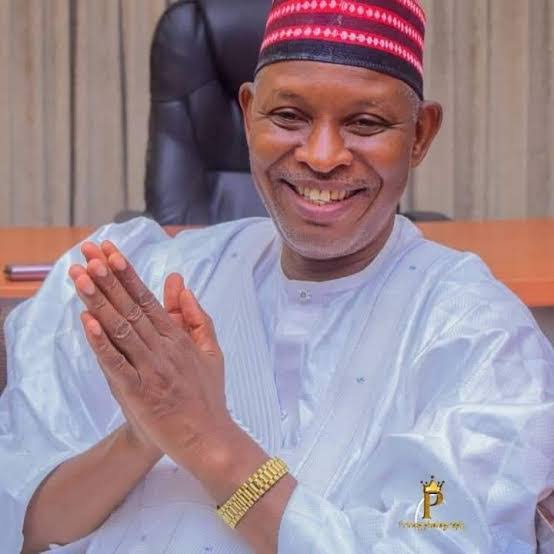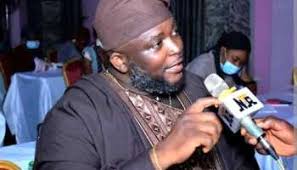By Ehichioya Ezomon
The hopes of Esan people of Edo Central senatorial district – that the 2024 governorship election will redeem the marginalisation of Esanland in the governance of Edo State – may be fizzling, or have fizzled out due partly to alleged handiwork or machination of some vauntily-ambitious Esan aspirants.
Of the three leading political parties that intend to field candidates for the September 21, 2024, election, the main opposition All Progressives Congress (APC) in the state has dissed the idea of zoning the governorship to Edo Central that comprises Esanland.
The state ruling Peoples Democratic Party (PDP) and the new opposition Labour Party (LP) – both battling internal division – have been nonplussed on ceding the governorship to Edo Central, even as Governor Godwin Obaseki is reported to be supporting the aspiration of an Esan, Mr Asue Ighodalo, a lawyer-businessman.
As reported by New Telegraph on December 4, the APC gave the clarification on December 3 when it received, at the party secretariat in Benin City, an aspirant for the governorship, Prince Kassim Afegbua, a former Commissioner for Information and spokesman to former Military President Ibrahim Badamasi Babangida.
The state secretary of the party, Mr Lawrence Okah – fielding questions on expectations of the APC from its numerous aspirants – told journalists that, “What we are looking for is capacity and the ability to deliver, and that is why we said there is no zoning; that is the message.”
Okah asked the aspirants to play by the rule and avoid utterances against each other, as the February 1 to 24, 2024, “primary is an internal contest among members of the same family,” from which “the party is going to pick only one (aspirant) and the rest will work with the one that has been picked.”
Still, zoning of the governorship isn’t the sole unfair “comeuppance” for the Esan people. Lately, revelations emerged that some Edo Central aspirants are “undermining the ‘Esan Agenda’ (to occupy the office of Governor in 2024) with their plot to pick up the position of deputy governor.”
A chieftain of the APC and leader of the party in Edo Central, Major General Cecil Esekhaigbe (retd), on December 21 revealed the scheme by the so-called Esan aspirants – who should lead the charge for redemption of Esan people – to sabotage the chances of Esanland to produce the governor in 2024.
Mr Esekhaigbe also accused other senatorial zones of ganging-up against Edo Central, “with the slogan of competence, as against the agitation of zoning to Central,” even as he said he’d come under attacks by some of the aspirants “who only scheme for the slot of deputy governor.”
Esekhaigbe noted that some aspirants, who willingly participated in the screening to prune the number of aspirants in the APC, suddenly turned against him, wondering, “Why will a man deny he was invited for an exercise which he deliberately skipped? Why will a man who, knows his constitutional limitations of tenure, continue to deceive himself? Is Esan looking for a one-term Governor?
“Can a man, who is still on active service of a corporate organisation, come and take precedence over the men who have kept the party for years? Let us be wise and take a bold decision towards our quest for Esan Governor. No avalanche of insults on me will give you the ticket.”
Esekhaigbe alleged that some Esan political leaders are “deliberately sowing seeds of discord to the advantage of the other senatorial districts,” saying, “Let us have a conversation today on our best for the job. Tomorrow may be too late. Those calling me names today would remember this day tomorrow.
“Take the message and forget the messenger. We need only one man for the job. Edo Central needs the APC ticket, and so are other parties in Esanland. I repeat, with emphasis, that all the aspirants cannot get the ticket. Only one aspirant will get the ticket.”
But Esekhaigbe sounds undemocratic in attempting to exclude some aspirants on the basis of newness or inactivity in the party; not resigning from their corporate organisations when they aren’t public officials, as stipulated by law; or plotting for a single term with regard to term limitation, and yet, he promotes longevity in politics over competence.
Regardless, how can political leaders – who’ve cried over marginalisation of Esanland in Edo governorship, especially since 2016 – spurn an opportunity to right the obvious wrong by sabotaging the process for selfish interest?
How will leaders of Edo South, comprising of the Bini-speaking stock, and Edo North of the Afemai lineage, take Esan people seriously if – before the whistle is blown for the primaries – they’ve abdicated their governorship aspiration for the Osadebey Avenue Government House seat of power in Benin City, capital city of Edo State?
Was it the intention, from the get go, by the alleged “aspirant-sellouts” to make up the numbers as “also ran,” or they’re genuinely afraid of losing the primaries to more qualified Esan aspirants? If the first alternative is the answer, it means they’re unworthy of the exalted office of Governor of Edo State.
If the second option is their dilemma, the best and dignified route is to quit the race, rather than constitute a stumbling block to the ambition of those that have the genuine interest of Esanland, which hasn’t produced a Governor of Edo State – at least since 1999.
Why won’t the aspirants go through the primaries, to test their “political prowess and sagacity,” and know where they stand in the reckoning of Esan people, and Edolites as a whole? Instead, they want to give a carte blanche – or undeserved bonus – to the people of Edo South and Edo North – who’ve shown, over the years, that they’re adept strategists in the political power game in Edo State!
The two senatorial districts – with their individual superior voting strength – have learnt to outsmart and outmaneovre Edo Central in the political arena. And unless the Esan people demonstrate enough seriousness with a matching political machine, the two zones will rotate the governorship between them every eight years.
While Edo South would’ve occupied the governorship for 16 years (Governor Lucky Igbinedion, 1999-2007, and Governor Godwin Obaseki, 2016-2024); and Edo North has governed for eight years (Governor Adams Oshiomhole, 2008-2016), Edo Central hasn’t ruled the state.
The erroneous impression of Edo Central having ruled for 17 months (2007-2008) through Prof. Oserheimen Osunbor isn’t known to law, as his short occupation of the governorship was annulled by the courts in 2008.
Save “ego trip,” and a “political arrangement” to cloak Osunbor as a “former Governor of Edo State,” – and illegally award him the emoluments of the office – Esanland hasn’t produced a Governor since 1999. Which makes compelling the imperative for political parties to zone the governorship to Edo Central in the lead-up to the primaries of February 1 to 24, 2024.
But how will any of the parties zone the governorship to Edo Central when some indigenes plot only for the deputy governor’s slot? According to President Bola Tinubu, “power is not given a la carte,” – or freedom of choice, say by Esanland, for the governorship. It’s a battle of the fittest and the most determined!
The Saviour Jesus Christ enjoins in Matthew 7:7-8 (KJV) that: “7 Ask, and it shall be given you; seek, and ye shall find; knock, and it shall be opened unto you: 8 For every one that asketh receiveth; and he that seeketh receiveth; and to him that knocketh it shall be opened.”
If Esan Central leaders don’t want power in 2024, why should Edo South and Edo North offer them the governor or deputy governor as compensation for alleged marginalisation of Esanland? The two zones would rather pair themselves for governor and deputy governor. Which makes more political sense at the poll, given their superior voting numbers!
In the 2024 election cycle, the Esan people should avoid the recurring tales of blame and regrets by doing the right and best thing now! Otherwise, the “sellers” of Edo Central governorship to Edo South and Edo North will be the ones to re-echo “marginalisation of Esanland” the day after September 21, 2024, election!
Mr Ezomon, Journalist and Media Consultant, writes from Lagos, Nigeria





